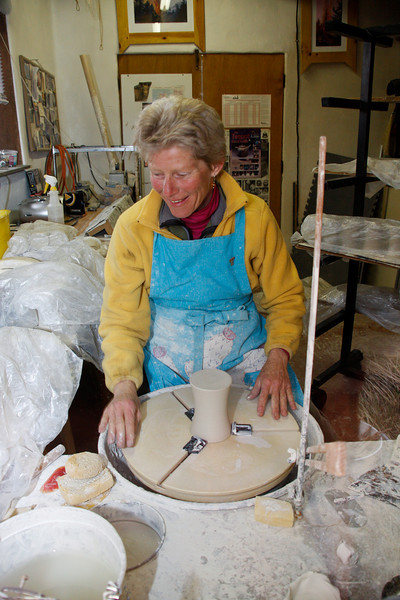by Andrea Gross
This is the year I diet. Not by going low-cal: been there, done that. This year I'm going low stress. I'm cutting down on stress as surely as last year I cut down on carbs.
It won't be easy. Stress gives me the same high as chocolate and, try as I might, I can't see the glory in taking a vacation in order to relax. But magazines say it's healthy to turn off your mind and revel in doing nothing. I spent 10 years writing for these magazines, so I have a hard time believing them, but what the heck....If Obama can spend an hour a day playing basketball, I can spend a week a year de-stressing. (This works out to Obama being approximately 168 times more important than I am, which seems to me, if anything, an understatement.)
 But it's a concept that comforts me during my first hour on the beach. I'd prepared well — brought along a beach chair, towel, sunscreen, hat, snacks, and Wally Lamb's 752-page book, The Hour I First Believed, which proves to be too heavy to hold without straining my wrists. I put down the book and wish I had my computer, the nifty laptop that miraculously connects to the web even in the middle of nowhere. But I left it home, in deference to a hubby who said that after forty years of marriage he deserved four days of Nothing to Do.
But it's a concept that comforts me during my first hour on the beach. I'd prepared well — brought along a beach chair, towel, sunscreen, hat, snacks, and Wally Lamb's 752-page book, The Hour I First Believed, which proves to be too heavy to hold without straining my wrists. I put down the book and wish I had my computer, the nifty laptop that miraculously connects to the web even in the middle of nowhere. But I left it home, in deference to a hubby who said that after forty years of marriage he deserved four days of Nothing to Do.
I even left my cell phone home. Well, I'd cheated a little on this point. I traded mine, which rings or vibrates with comforting regularity — see, I am important — for my dad's. His never rings because he won't turn it on. "It's only for 911," he says. So I brought along his phone and gave the number to my four kids, so I could maintain the fiction that, in case of real emergency, one of my nearly-forty year old kids call for Mommy. Everyone else, I figured, could wait. I'm not that important, after all. I can check out for a week, and the world will still turn.


















